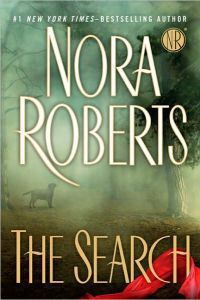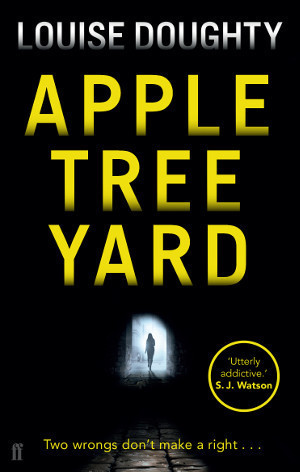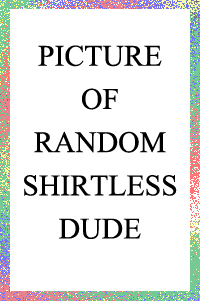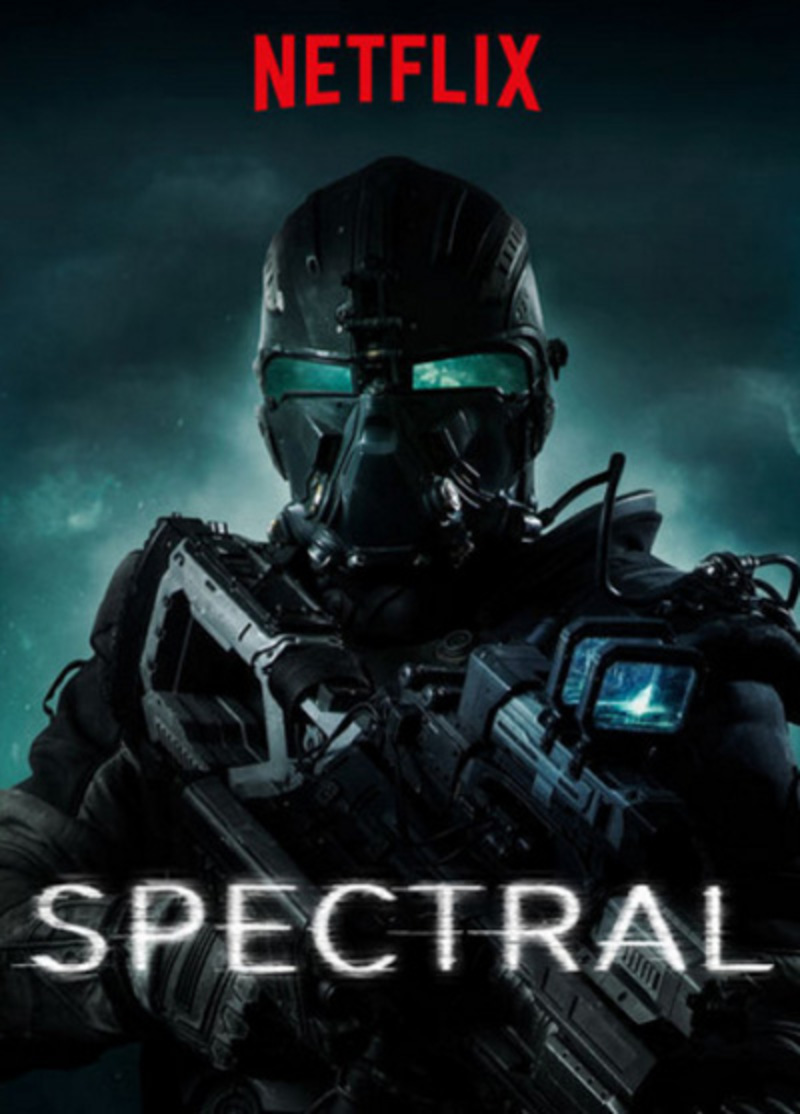
A while back, probably a year or so ago, I had been talking with my friend Ambur about an author friend of hers who was looking for some promotion within Canada. I was eager to read her book, but the format of the book meant I could only read it on my iPad and I absolutely hate reading anything on my iPad, so I apologized and said I probably couldn’t commit. Fast-forward to the last few months, I had been shopping and saw this author’s book on the shelf and so I bought it, hoping to read it for my Month of Canada – it didn’t even clue in to me that this was the author I had been talking to Ambur about until I contacted her about a spiel about reading in Canada and saw our previous conversation in the messages – and lo and behold, the author I couldn’t read was Genevieve Graham!
Now I’m so happy that I have two of her books – I’ve read one and LOVED it, and I want to read everything she’s written now! The best part is that she writes one of my favourite genre, historical fiction, AND it’s Canadian historical fiction. I love getting a glimpse into Canadian history with these sweeping tales.
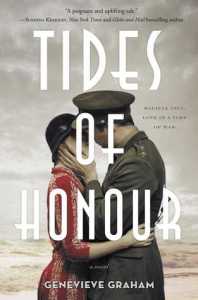

I had been chatting with Genevieve off and on on Twitter prior to asking her to do this interview, and she’s so fun and so friendly! So, without further adieu, meet Genevieve Graham!
 1. It’s Canada’s 150th! Is there a special way you like to celebrate Canada?
1. It’s Canada’s 150th! Is there a special way you like to celebrate Canada?
I celebrate wherever I am on Canada Day. I grew up in Toronto, moved to Calgary for seventeen years, then moved to small town Nova Scotia, so I’ve seen all different kinds of Canada Days. Lately I’ve enjoyed lazily driving around our little Eastern Shore village, appreciating the community spirit and the history of our area. Also food. It’s kind of a tradition for my family to pig out on fresh donuts at Memory Lane Heritage Park, free cookies at Fisherman’s Life Museum, mussels at the Yacht Club, then ice cream right in the middle of town. Sometimes we feast on freshly caught lobster for dinner, and if the bugs aren’t too bad you might catch us out by the fire, making the perfect s’mores. I’m not usually a crowd kind of person, but this year I think we’ll be heading in to Halifax to take part in the events. There’s just so much going on, and so much to celebrate!
2. I see that you live in Nova Scotia, which is one of the most beautiful places in the country, in my opinion. Do you have a favourite place in Canada, or maybe one you long to visit?
I do love Nova Scotia and its understated beauty. There’s so much variety in this province depending on what spot you choose to visit that day. My favourite season out here is autumn, because well, seriously, you’ll never see colours like we have here. Especially if you drive up to Cape Breton, where you’ll wind through steep roads, and breathe in fresh mountain air while you admire the mirror reflection of the autumn leaves on the deep canvas of the Atlantic. That is an incredible journey, and the culture you discover along the way is almost as rich as the drive. But you asked about my favourite place in Canada, and I’m going to take you back across the country for that, because I have a deep love for the mountains of Alberta and BC. My husband and I met in a chairlift line-up at Sunshine Village (Alberta), and he proposed to me at Emerald Lake Lodge (BC) on a silent, almost ethereal winter night. We raised our two daughters on those mountains so they were skiing from the age of three, just like we had as kids. I do miss Calgary and Banff, and I’m really excited to be travelling there for a week in August, both to visit my Mom and to do research for my next project.
3. Why do you think it’s important for people to read Canada? Who are some of your favourite Canadian authors?
It’s important for people to read Canada because I think it’s important for people to realize who we are! We are the quiet, apologetic neighbour of the life of the party, and it’s time for folks to get to know the amazing personality behind the smile. We are welcoming, we are proud, we are generous, and we are beautiful. And there’s something up here that feeds the souls of artists. Something really special. The talent up here is incredible, though once again it’s under appreciated. I don’t read a lot these days (I find other authors’ writing interferes with my own writing process so I only indulge after I’ve completely finished writing and editing my latest book), but for Canadian authors my #1 recommendation is always Susanna Kearsley and her gorgeous time-slip novels. Here in Nova Scotia I love the work of my friend, the humble and gifted Lesley Crewe. She has a knack for weaving the Cape Breton people right into the fibre of a story.
4. Why did you become a writer? What (or who) inspired you to do what you do?
I began writing in 2007 just for fun. For years I hadn’t done much for myself because I was focused on my full-time job of being a stay-at-home mom, Then my Mom gave me a copy of Diana Gabaldon’s Outlander, and I was lost. I read all her books then read everything else I could find of that epic kind of historical fiction (Sara Donati, Penelope Williamson, Paullina Simons, Wilbur Smith) then I went back to Gabaldon and read the series (including audiobooks) seven times. Seven times! Well, after that I decided to see if I could ever write anything. I told my husband I was going to go try to write, and hours later I came back upstairs with pages and pages of historical fiction based in 18th century Scotland. I had no idea what I was doing, but he said, “You know, that’s not bad.” That’s all I needed. Ever since then I’ve been glued to the keyboard. I absolutely love what I do, and I feel incredibly fortunate.
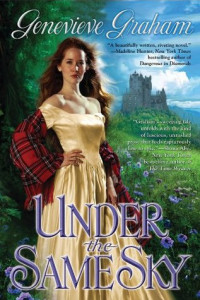 5. Your books are sweeping historicals with so many elements to them, from romance to war to family, etc. What challenges do you face when it comes to writing historical fiction? Have you always had an interest in history?
5. Your books are sweeping historicals with so many elements to them, from romance to war to family, etc. What challenges do you face when it comes to writing historical fiction? Have you always had an interest in history?
The honest truth is that I hated history as a kid. To me it was names and dates and places to be memorized for exams, nothing more. I found museums interesting, but I never felt compelled to visit them, never felt connected to them. Everything changed for me after I caught the Historical Fiction bug. When we first moved to Nova Scotia in 2008, my first stop was not the beach (where I would assume most people go to celebrate) but the Halifax Citadel Historic Site. Everything about its cold stone walls captivated me. I could practically see the soldiers shrugging into their coats, preparing for the day. Nova Scotia history, I realized, was awesome … but I had a problem: I knew very little about it. In order for me to learn about history, I needed to put myself inside the story, and that meant I had to bring in my characters to do the work for me. The thing about characters is that they don’t really care about history, but they live it. Everything they experience is a lesson for me. Of course I research carefully, but when it comes to the characters’ experiences, they belong to them. Sometimes in historical fiction an author will talk about facts to the point that the history no longer belongs to the character. For example, after the Halifax Explosion (in Tides of Honour), we now know the city was covered in sixteen inches of fresh snow the day after the city blew up. Well, my characters didn’t know that. They knew it had snowed a ton, that it was cold, and everything was more complicated than ever. The Acadian Expulsion (in Promises to Keep) saw over 10,000 Acadians ripped from their homes and dumped on dilapidated, rented ships before being shipped out to random ports, but all Amélie knew was that her family was divided, their home was lost, and nothing would ever be the same. I guess the challenge with writing Historical Fiction is knowing a lot then making sure you don’t tell too much. I don’t find it that difficult to do, because my characters are very outspoken in my head. They tell me what they say and do, and it’s my job to give them the setting and background.
When I write Canadian History, I am bringing it back to life for people who don’t know and don’t care about our past. The more I learn the more I know we can’t afford to forget the past. Canada was a land of adventure and survival, of love and passion, of growth and innovation. Authors all over Europe and the United States celebrate their histories, and the world eats those stories up. It’s about time we served them a good helping of the Great White North, don’t you think?
6. What is the writing atmosphere like when you write — do you prefer silence, or do you listen to music?
I need silence to write – then again, sometimes silence just descends when don’t plan it. In the summer I like to sit in my “outside office” (our gazebo), and while I’m in there I’m accompanied by the scratching and cooing from our small flock of chickens. It’s soothing, but even that can distract me because I need to go see which ones are out there (though I already know most of their voices without looking) and talk to them. But when a strong, important scene comes to me, the rest of the world disappears.
7. What are you reading right now? Any favourite authors you might like to mention?
I don’t read a lot of fiction when I’m writing because I find the voices of other authors influence my own voice. I love historical fiction (I have no objection to reading the Outlander series for the eighth or ninth time) but I don’t want any of those scenes to be put there by anyone but my own characters. I usually pick up one of the books from my wobbling t.b.r. pile when I’m done a book, but that doesn’t last long because I always have a new story bubbling in my head that needs writing.
8. When you’re not writing, what do you like to do with your time?
I’m a hermit, so my favourite things to do are quiet and spent with my family. I do read when I get a chance, and if I can do it in the sunshine surrounded by chickens I’m entirely happy. My husband and I are also binge watchers of far too many series. This year we will officially become empty nesters, so I see travel in our future. Somewhere exotic, like maybe Vietnam.
9. What has been the most challenging part about writing and publishing? Do you have any advice for aspiring writers?
Learning to write, for me, was a joy. The process of writing is like meditation for me. Research is fascinating when you follow the right thread. For me the nightmare came when I had to look for a literary agent. A good literary agent is the key to a good contract, though writing a good book is the key to getting follow-up contracts.
There are three things I recommend to aspiring writers.
Step One: WRITE. Don’t bother editing until later (advice I find hard to follow with my own work), and write for yourself, no one else. If you don’t have anything interesting to write about that day, just write a little about how bored you are, your favourite food and why—anything to keep those synapses snapping.
Step Two: LISTEN. Let the characters lead you, and try not to argue with them. When you think you’re done, find a beta reader who will tell you how it really is. Listen to their suggestions, take them with a grain of salt, and don’t take it personally.
Step Three: GO BACK to Step One.
10. Can you share any details on what you’re working on next? Any exciting projects in the works?
I always have projects in the works. Actually, right now I have three or four. The first (working on final edits now) will be out next spring, and it’s the companion novel to Tides of Honour. We’re back to Danny and Audrey on Nova Scotia’s Eastern Shore, but twenty years later, so during World War II. Right now I’m starting work on one that I think will be the biggest of my novels, set during the Klondike Gold Rush. What a time in our history. I’m loving the research, and I can’t wait to share more Canadian History with readers!
Connect With Genevieve:Twitter | Web | Goodreads
Thank you so much to Genevieve for being on the blog today. And being from Alberta, I look forward to her next book – the Klondike Gold Rush? Sounds great! Have you read any of Genevieve’s books? Which one is your favourite?
Advertisements Share this:- Share
